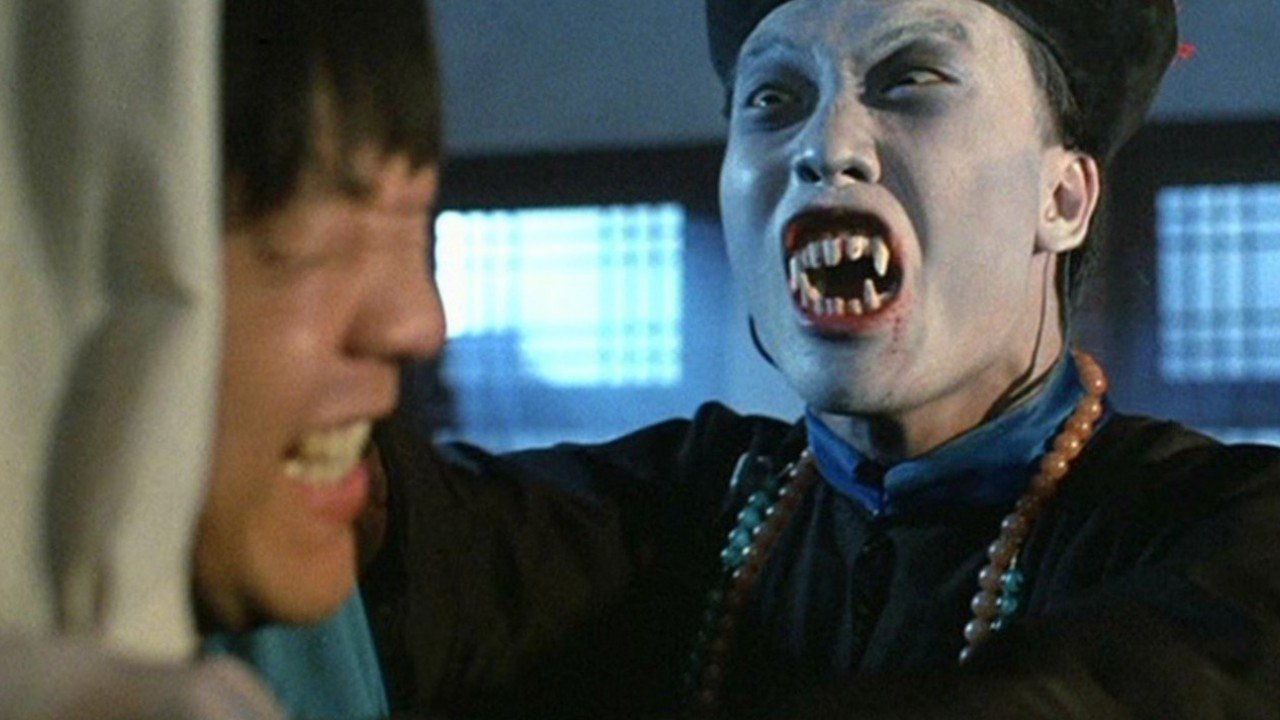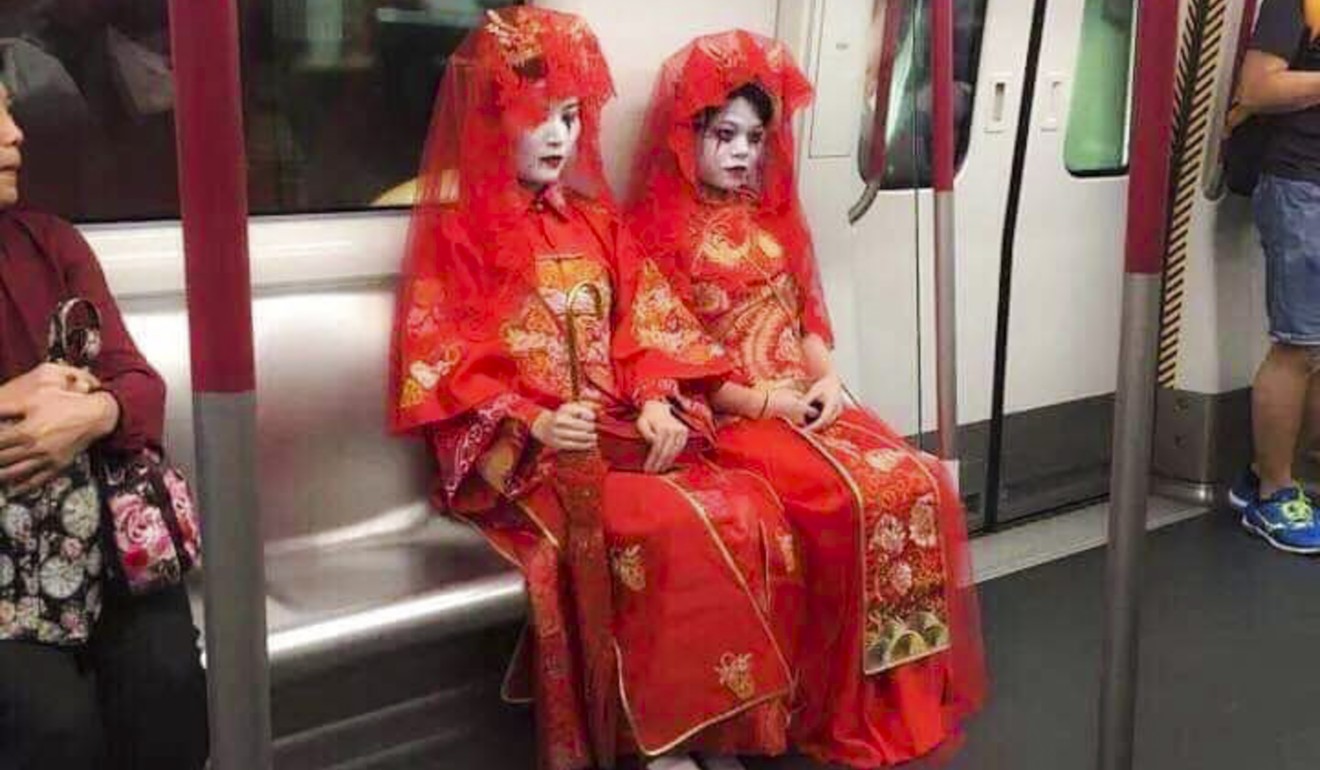For those of us who grew up in the West, vampires, witches, and zombies are all a part of the Halloween fun. But China has its own unique scary tales. Here are a few Chinese twists on Western mythology.
You say zombie I say 僵尸 (jiangshi): Also known as a Chinese Hopping Vampire, these reanimated corpses don’t want to eat your brains, they want to absorb your 其 (qi). You will know them as soon as you see them because they have a real sense of retro style and generally wear official government robes from the Qing Dynasty.

You say witch I say 巫 (wu): No pointy hats or evil spells to beguile naive princesses. The Chinese wu were an important part of history and practiced Wuism, dating back to the Shang Dynasty. These early shamans were both men and women who served their communities as an intermediary between the spirit and the physical world. They were the earliest practitioners of traditional Chinese medicine, as it was believed that evil spirits caused disease. Because of this, they are sometimes referred to as 巫婆 (wuyi) or shaman physicians.
You say ghost I say 地缚灵 (di fu ling), or 哦跪 (e gui), or 怒跪 (nu gui)… you’re going to need to be more specific: That’s because I found no fewer than 20 different categories of ghost. Some specific to the way they died like the 水鬼 (shui gui), the spirits of those who drowned. However, the most famous is the 游魂野鬼 (you hun ye gui), who roam the earth during China’s Ghost festival during the 7th lunar month.

You say jack-o-lantern I say 八卦 (bagua) mirror: Jack-o-lanterns are a fun craft but were originally used to ward off evil, and actually used to be carved from turnips (Western mythology is strange!). But in the Chinese feng shui 风水tradition, you use a 八卦 (bagua) mirror to reflect bad energy away from you. It’s even suggested that these octagonal mirrors will ward off the aforementioned 僵尸 ( jiangshi) as they cannot stand to see their own negative 其 (qi ) reflected back at them.
Bats, harbinger of evil or good luck? It depends on which half of the globe you were born on. The West views these flying rodents as a dark and mysterious force but in the East, bats are believed to bring blessings. In fact, bat in Chinese is 蝠 (fu) , which literally means good luck. Bats are often featured in Chinese art, pottery, and even on some ancient royal brocade.
KEEP READING: Beijing’s Haunted History: A Not So Spooky Subway Ride
Images: Unsplash, jingkids International





